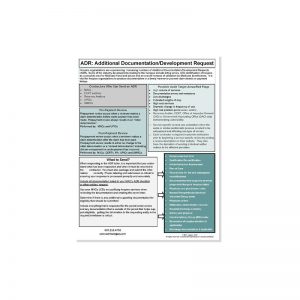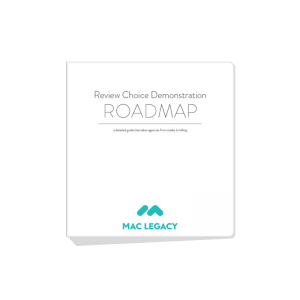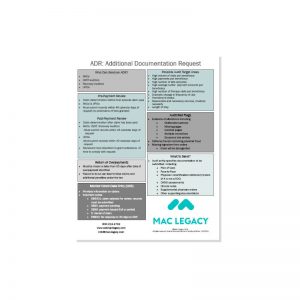Additional Document Requests (ADRs) strike fear into the hearts of most home health and hospice providers. One of the leading reasons for claim denial results from providers not responding to ADRs. That, in itself, will lead to more scrutiny. Providers need to ensure they have a clear cut ADR process including prompt identification of the…
Additional Document Requests (ADRs) strike fear into the hearts of most home health and hospice providers. One of the leading reasons for claim denial results from providers not responding to ADRs. That, in itself, will lead to more scrutiny. Providers need to ensure they have a clear cut ADR process including prompt identification of the request, review, and response to the Medicare Administrative Contractor (MAC) who submitted the request. Not all ADRs are equal. For instance, CERT requests are randomly selected claims. However, other requests from the Recovery Audit program or Zone Program Integrity Contractor (ZPIC) can be more ominous. Typically, these entities make requests as a result of the suspicion of fraud and abuse of the Medicare system. These requests need serious attention. The recent announcement of the return of TPE—Targeted Probe and Educate program—as well as the Review Choice Demonstration (RCD) submission waiver during the public health emergency may also increase ADRs to certain home health agencies. However, Florida and North Carolina home care providers received good news this week in regard to RCD and ADRs. According to the National Association of Home Care and Hospice, these states will not receive ADRs for claims without a UTN or pre-claim review decision prior to September 1, 2021 (the date they must fully participate in RCD). Check your Medicare Administrative Contractor’s website for more information on responding to ADRs. Don’t lose money for not responding!



